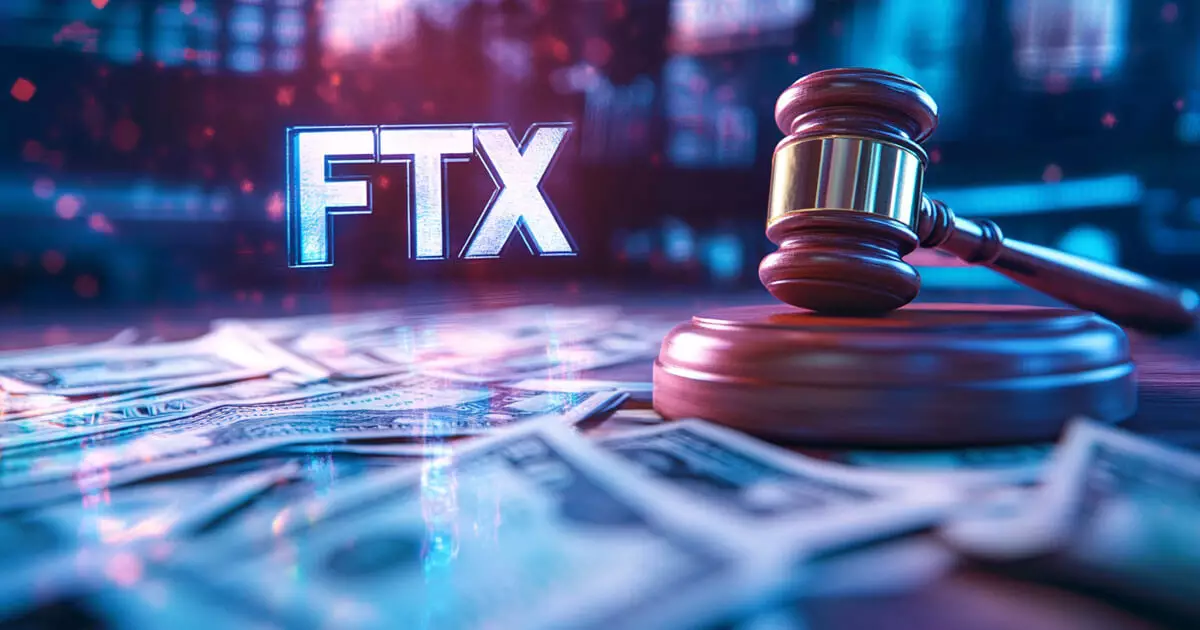In a significant development amid the fallout from the spectacular collapse of the FTX cryptocurrency exchange, a lawsuit has been initiated against Ryan Salame, the former co-CEO of FTX’s Bahamian subsidiary. This lawsuit, filed on November 4, seeks to claw back approximately $98.8 million in assets—both cash and crypto—from Salame. FTX accuses him of being complicit in actions that amount to serious breaches of fiduciary duty, particularly in conniving with Sam Bankman-Fried and other executives to misappropriate customer funds. This legal action is not just a quest for financial restitution, but also serves as a punitive measure against perceived wrongdoing within the beleaguered organization.
FTX’s allegations against Salame paint a troubling picture of involvement in fraudulent activities. According to the exchange, he reportedly engaged in efforts to conceal the receipt and spending of funds that belonged to the company and its customers. Notably, FTX claims that Salame reaped substantial financial rewards from these illicit activities, receiving a staggering total of $52.9 million in wire transfers alone, in addition to $29.8 million in cash and crypto withdrawals. This financial windfall raises critical questions about the ethical conduct of executives in the cryptocurrency space, particularly in light of the catastrophic consequences faced by many retail investors after the exchange’s collapse.
Criminal Charges and Guilty Pleas
Salame’s legal troubles extend beyond the FTX lawsuit. He has previously entered a guilty plea in connection with multiple felony charges, including conspiring to make false statements to financial institutions and illegal political contributions. These charges underscore a broader narrative of corruption and misdeeds that have beset the FTX saga. Notably, his admission of guilt ties him closely to the toxic culture at FTX, illuminating how high-level executives may have prioritised personal gain over their fiduciary responsibilities to clients and stakeholders.
The legal briefs filed by FTX point out that Salame’s efforts to hide his financial gains from the misappropriated assets included significant transactions such as the acquisition of nine million FTT tokens and various luxury purchases. Allegations that he siphoned off $5 million from the exchange shortly before its bankruptcy filing to fund personal luxuries cast a long shadow over his legacy in the industry. Such behaviors are a stark reminder of the potential for corruption within the unregulated realms of cryptocurrency, whereby a lack of oversight can lead to significant abuses.
As the FTX lawsuit against Ryan Salame unfolds, it raises pivotal questions about the regulatory environment of cryptocurrencies and the necessity for more stringent oversight. Just as the aftermath of the Enron scandal led to sweeping reforms in corporate governance, the FTX incident could be a catalyst for renewed scrutiny and regulatory measures in the crypto space. The outcomes of this lawsuit could shape the future landscape of cryptocurrency trading and management, ideally steering it toward greater transparency and accountability. Only time will tell if this case marks a turning point in the ongoing struggle for integrity within the blockchain and cryptocurrency sectors.














Leave a Reply